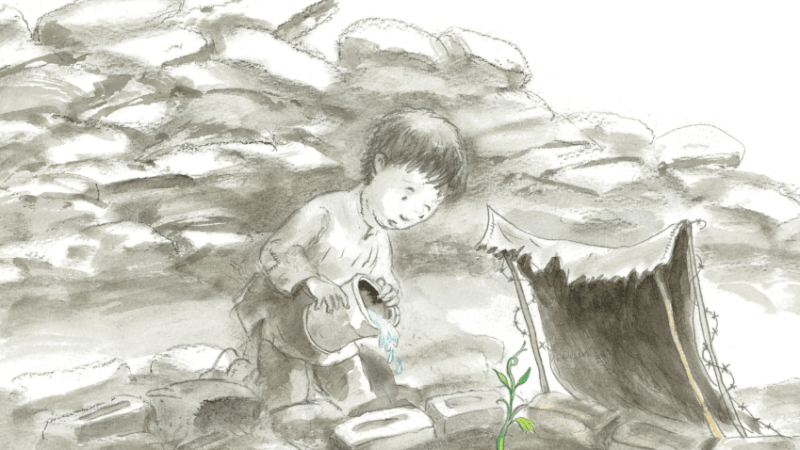How To Teach English Like Stephen King

We’re not suggesting traumatising Year 1, but these shining examples can help to improve anyone’s writing, says Tim Roach

- by Tim Roach

As one of the world’s most-read authors – not to mention an erstwhile English teacher – it’s safe to say that Stephen King knows a thing or two about words. And while his blood-soaked books may not be appropriate for the classroom, it doesn’t mean teachers can’t learn from his methods – many of which are described in his memoir, On Writing.
1. “You must not come lightly to the blank page.”
King believes the old adage ‘write about what you know’; most of his main characters are male authors, after all. But many of our children can’t write about ‘what they know’ unless we teach it to them first. If we don’t engage or immerse the children right from the beginning, then writing at the expected standard is likely to be a pipedream. Class novels, picture books, video clips, photographs, real-life experiences (but please, not the school trip recount or ‘What I did on my holidays’) are essential to lay the foundations.
2. “The bread of writing, is vocabulary”
“The basic rule of vocabulary is use the first word that comes to your mind, if it is appropriate and colourful.” Fine advice for adult writers, but one that young children – particularly those of an EAL or disadvantaged background – need a great deal of assistance with. Without deliberate attempts to expand our pupils’ spoken word vocabulary, they will find learning increasingly difficult and struggle to keep pace with their peers. We need to think about ways to equip our learners with a richer bank of words – such as the simple and easy-to-implement ‘word of the day’ activity.
3. “The business of meaning is a very big deal”
King posits: “Bad grammar produces bad sentences” to which I’d add bad speech produces bad grammar, which produces bad sentences.
Comprehending the very precise way that a misplaced word or phrase can render meaning unintelligible is hugely difficult for children who routinely miss out words in writing and speak in fragments of clauses.
Too much of children’s writing exists solely on the pages of their exercise books, read only by their teacher. Understanding the meaning of their writing and the importance of the grammar they use demands re-reading, reading out loud, critique and public performance.
4. “Description is what makes the reader a sensory participant”
Description has to be interesting, therefore we must get children to know and care about the character they’re describing. They need to know where they’ve come from and where they’re going – to give them a trajectory.
Otherwise, children’s characters tend to be two-dimensional facsimiles of their own (ideal) self-image, reduced to a pair of trainers, skinny jeans or a dress. This is why I don’t like to teach standalone lessons such as ‘describe a character’ or ‘describe a setting’, unless the passage forms part of a broader narrative arc.
5. “You learn best by reading a lot and writing a lot”
Books. They’re a no-brainer, aren’t they? Fiction, non-fiction, picture books, graphic novels… books should be at the heart of the curriculum. Teachers need to have a working knowledge of children’s literature. They should read books, read children’s books, read books about books, read books in the classroom – anything to encourage children to pick up a book of their own free will.
If we force children to read something, chances are there will be negative repercussions. If we insist on a written book review every time they finish a book, we’re punishing them for reading. This is not what ‘reading for pleasure’ should entail. So, read to them. Have loads of books for them to choose from. Make homework reading.
Professional writers often commit themselves to writing a certain number of thousand words per day. I’d like teachers to have a similar expectation from their class. Writing is hard – perhaps the most difficult thing we teach – and good quality, daily practice is essential if children are to grow as confident writers.
Tim Roach is Year 6 teacher, KS2 Leader and English Leader at Greenacres Primary School.











